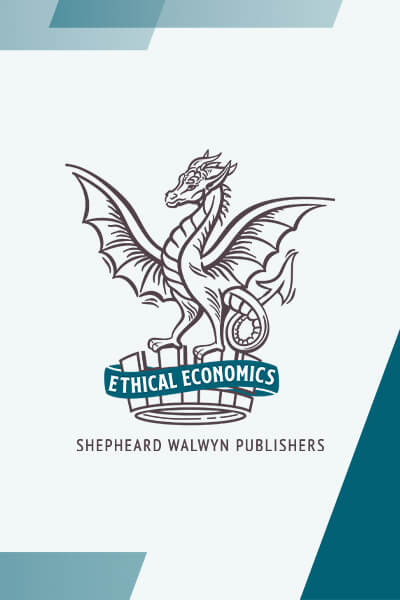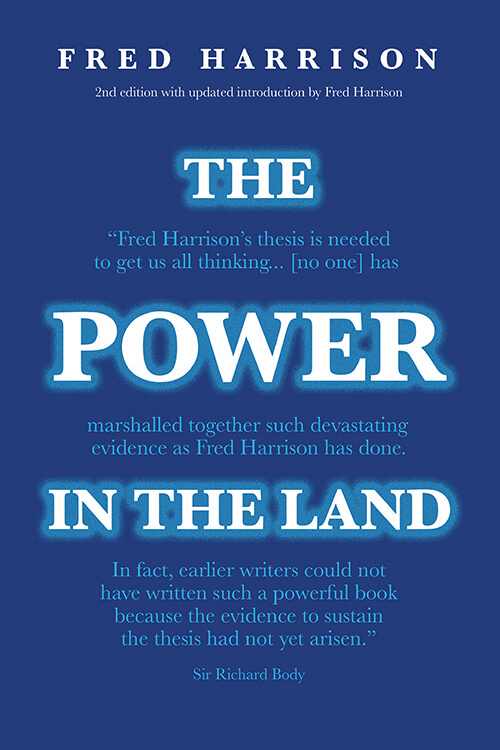The Occupy Wall Street protesters have called themselves the 99% to distinguish themselves from the richest 1% who own a disproportionate share of the nation’s wealth. This phenomenon is not limited to the United States, but is a feature of most of the global economy. This begs the question: Why is so much wealth in the hands of so few?
Oxfam is one of the major aid agencies striving to end poverty. To signal their appreciation that famine relief is no solution to poverty, they have adopted a Chinese proverb:
Give a man a fish, you feed him for a day
Teach him to fish, you feed him for life
This acknowledges the importance of teaching skills as a way of enabling people to become self-supporting and avoiding a dependency culture, but ignores the reality on the ground. Before the newly trained fisherman, or farmer, or whoever can ply his trade, he must first acquire access to land. Without a perch, he cannot fish, without a plot he cannot farm, open a shop or build a home.
Access to land is a basic fact of economics. The significance of this fact in determining the distribution of wealth is ignored by economists today, but its consequences were graphically described in a speech delivered in Edinburgh in1909:
‘It does not matter where you look or what examples you select, you will see that every form of enterprise, every step in material progress, is only undertaken after the land monopolist has skimmed the cream off for himself, and everywhere today the man or the public body who wishes to put land to its highest use is forced to pay a preliminary fine in land values to the man who is putting it to an inferior use, and in some cases to no use at all. All comes back to land value, and its owner for the time being is able to levy his toll upon all other forms of wealth and upon every form of industry. A portion, in some cases the whole, of every benefit which is laboriously acquired by the community is represented in the land value, and finds its way automatically into the landlord’s pocket. If there is a rise in wages, rents are able to move forward, because the workers can afford to pay a little more. If the opening of a new railway or a tramway or the institution of an improved service of workmen’s trains or a lowering of fares or a new invention of any other public convenience affords a benefit to the workers in any particular district, it becomes easier for them to live, and therefore the landlord and the ground landlord, one on top of the other, are able to charge them more for the privilege of living there.’ Winston Churchill
The economist who opened Churchill’s eyes to this fact of economic life – and those of many of the leading Liberals at the beginning of the 20th century – was Henry George and his book Progress and Poverty. This understanding was not confined to the Liberal Party. The New Statesman (20/10/95) noted that ‘The fourth most influential author cited in W T Stead’s 1906 survey of new Labour MPs (after Ruskin, Dickens and the Bible) was one Henry George’.
Deliberately or otherwise, mainstream economists ignore the work of Henry George. As Prof Mark Blaug, the economic historian put it in his Economic Theory in Retrospect: ‘The reactions of four generations of economists to Progress and Poverty… is one of persistent misunderstanding, misrepresentation and downright evasion of the issues by leading members of the economics profession.’ (There are institutions trying to rectify this)
The genius of Henry George lay in realising that the skewed economic model that had developed to justify land enclosure, could be corrected by a tax reform, the land-value tax. This would open the way to a more equitable distribution of wealth. As Milton Friedman recognised, it is also the tax that is least harmful to economic activity.
‘There is a sense in which all taxes are antagonistic to enterprise – yet we need taxes … so the question is, which are the least bad taxes? In my opinion, the least bad tax [note the switch to singular] is the property tax on the unimproved value of land, the Henry George argument of many, many years ago.’







